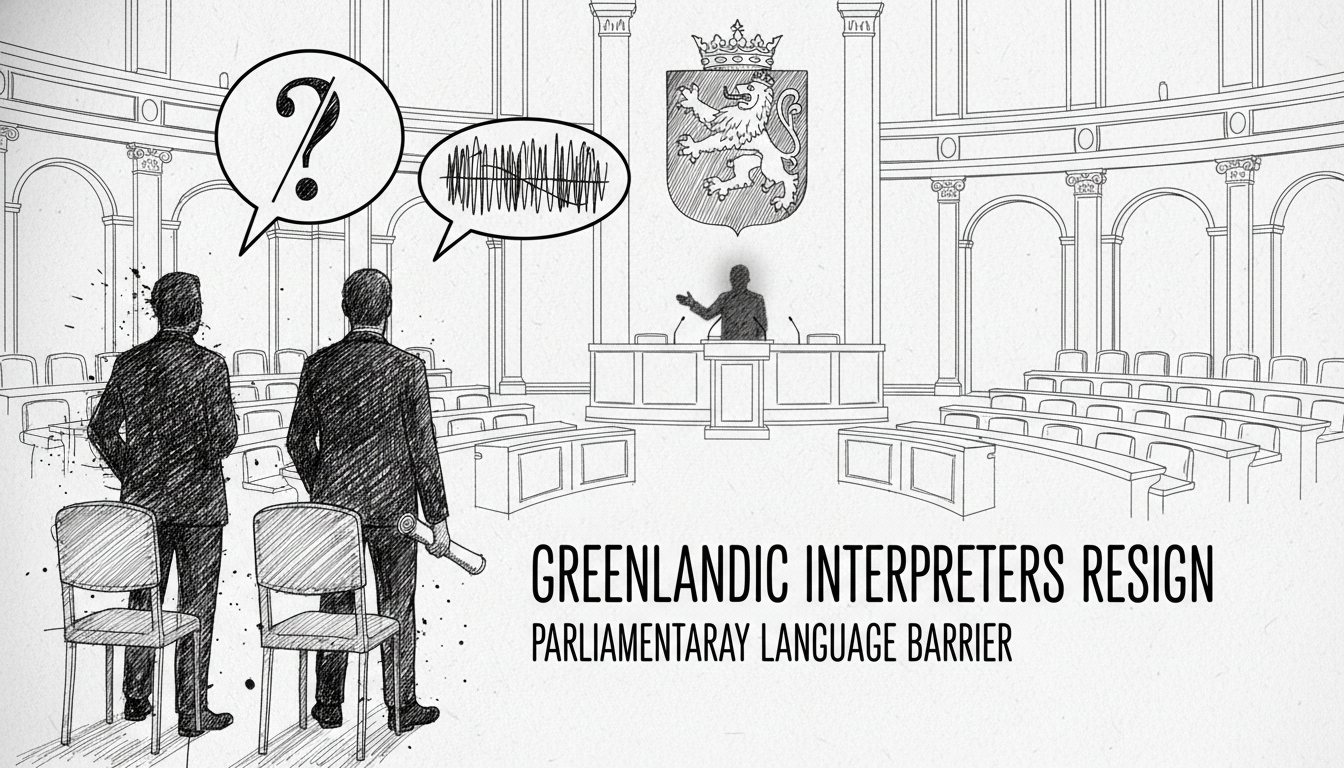The Danish Parliament planned to hire three permanent interpreters for Greenlandic language services. These interpreters would translate during parliamentary debates in the Folketing chamber. The plan has encountered serious problems. Only two interpreters were actually hired, and both have now resigned before ever providing interpretation services.
The staffing crisis became evident during a memorable parliamentary moment last October. Former MP Aki-Matilda Høegh-Dam took the podium during the opening debate and insisted on delivering her speech entirely in Greenlandic. She began with the words "Inuugujut tamassi tusarnaartusi," which means "We who are gathered here today." When she subsequently refused to deliver the speech in Danish, other parliament members could not ask her questions because they couldn't understand her remarks.
This situation highlights ongoing tensions in Denmark's relationship with Greenland. Greenland is an autonomous territory within the Kingdom of Denmark, but linguistic representation in Danish institutions remains limited. The inability to provide consistent Greenlandic interpretation services raises questions about true political inclusion for Greenlandic representatives.
The Danish Parliament interpretation services have struggled with Greenlandic language coverage for years. While Danish is widely spoken in Greenland, many Greenlandic politicians and citizens prefer to use their native language in official contexts. The recent resignations represent a setback for linguistic diversity in Danish political proceedings.
Political analysts note this incident reflects broader challenges in Denmark-Greenland relations. The interpretation gap potentially limits effective participation by Greenlandic representatives in Danish parliamentary affairs. Without reliable translation, Greenlandic politicians face barriers in fully engaging with legislative processes that affect their constituents.
The failed hiring initiative comes amid increased focus on Greenlandic self-determination and cultural preservation. As Greenland moves toward greater autonomy, proper representation in Danish institutions becomes increasingly important. The interpretation service breakdown suggests systemic issues in supporting multilingual democracy within the Danish commonwealth.
What happens next remains unclear. Parliament officials must now restart the hiring process for Greenlandic interpreters. Meanwhile, Greenlandic representatives may continue facing communication barriers during important parliamentary debates. The situation calls attention to the practical challenges of maintaining a multilingual parliamentary system.
The interpretation service gap affects not only politicians but also public understanding. Danish citizens watching parliamentary proceedings cannot follow debates when Greenlandic is spoken without translation. This creates transparency issues in a democracy where citizens should understand all parliamentary discussions.

